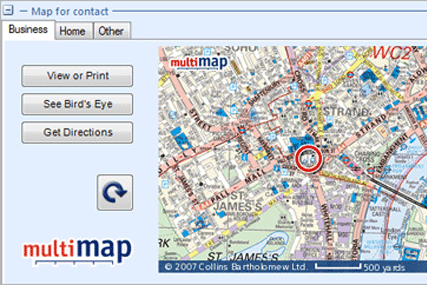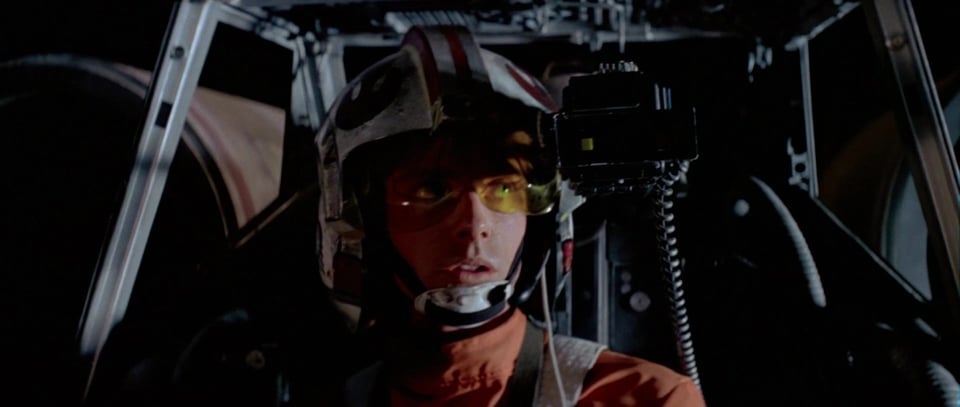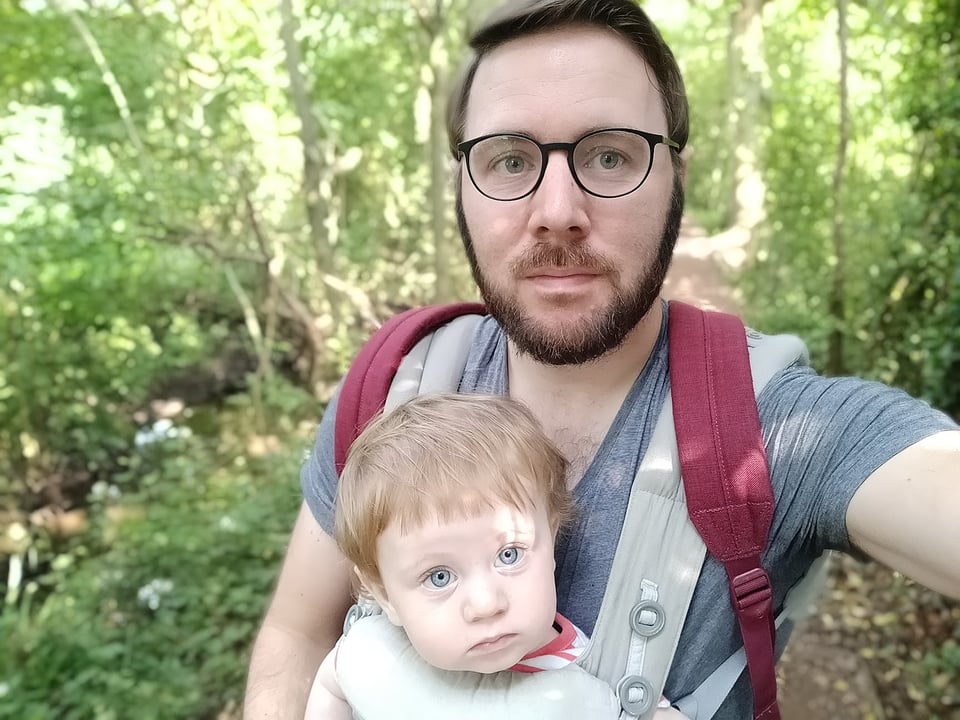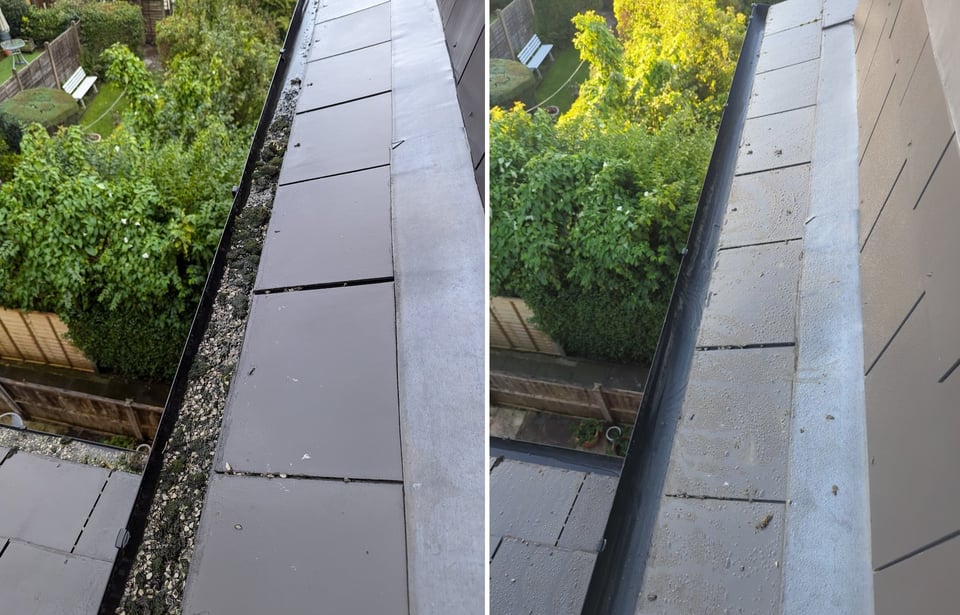The art of getting lost
Reflecting on the lost art of navigation and the thrill of getting lost in today’s tech-driven world.
Do you remember the time before Google Maps? The geospatial dark ages, we might call them.
If you wanted to travel somewhere in the late 1990s, you could put your faith in primitive online navigation sites like Multimap.com, printing out reams of step-by-step directions which may once have accurately resembled the roads in question.

Alternatively, you could stick to the tried-and-tested AA route planner and road atlas, once a staple of every glove compartment. I remember sitting through my Duke of Edinburgh planning class as a teenager where we learned to use Ordnance Survey maps to plan a route through Derbyshire farmland which would hopefully bring us to a soggy campsite after several hours of confused hiking. Is this a lost art?
Speaking of being lost – it seems to be something harder and harder to achieve in the technofuture of 2024. I remember stepping off a plane in Austin, Texas during the 2011 SXSW festival and wondering how I’d find my way around. I’d never been to America before, didn’t have any data on my phone, and therefore every time I stepped outside the Convention Center and the comforting embrace of its wifi, I suddenly felt like that scene in Star Wars where Luke turns off his targeting computer. I was at the mercy of my eyes, ears, and bare wits. I only got lost a couple of times.

These days, though, Google Maps is ubiquitous and in the halcyon days before Brexit, you could travel around Europe using the same mobile data plan you used at home, so exorbitant charges for looking up your route on a map were a thing of the past. Today, even if you manage to drop into a void of 5G coverage, there’s always someone else to ask for directions who can look up your destination for you.
Well: how did I get here?
A month or two ago we were driving to a National Trust property on the edge of Cambridge and I pondered what life there was like for its owners in the late 1600s. How did you get someone to come and visit you in this place?
Assuming they could navigate to nearby Cambridge, what landmarks and signage existed to bring you out to the rural countryside where this former abbey nestled? (answer: not much) What if you just… got lost? What if you didn’t have access to a horse?!

The world must have seemed vastly smaller in those days, if you rarely left the areas you could navigate from memory. Or perhaps it seemed much larger – much like the pre-mobile phone days, where people routinely memorised many phone numbers. Having nothing else to rely on for navigation besides your own eyes and memory (and natural aids) must’ve given people much more innate skill than we have today.
I got lost in a nature reserve a few years back, with a toddler strapped to my chest. I wasn’t properly lost: I was less than a mile from where I’d parked my car and I knew broadly which direction to go in order to get home again. But I’d climbed over a short fence to reach an interesting-looking area and found my way blocked by flooded watermeadows. In the ensuing effort to avoid dunking my child in muddy water, I ended up taking a wide loop which didn’t bring me out where I expected. I could retrace my steps, sure, but this new path must go the way I’m after… right?

It’s an almost exotic feeling now of being unsure of where you are, uncertain about what path to take. Reaching a certain level of “seniority”—whether in terms of age, career or expertise—means your self-confidence is usually capable of withstanding minor challenges. When that certainty is tested, there’s a kind of exciting novelty to being unable to predict what’s around the next corner, or where you’ll end up if you just walk towards the next interesting-looking place.
When I stepped into downtown Austin with no clear idea where I was or what I was heading towards, I felt suddenly naked, like I was in a foreign country and unable to speak the local language. I had to remind myself that I was still in a Western country that spoke English and surrounded by festivalgoers who were probably from the same fucking part of London I lived in. Wandering the unexplored jungles of Papua New Guinea, this wasn’t.
But I do wish I felt that feeling of “lostness” more often. Losing myself in an activity, a conversation, a daydream or a place – it’s a luxury, a rarity, and an indulgence in nothing more than one’s own sensory experience. Let’s do it more often.
Mini-feels this week
Mind out of the gutter
Our bedroom is in a loft conversion with a flat roof that we’ve never seen the top of. I’m confident it’s covered with some kind of shingle, which means a regular rain of tiny gravel chips has poured down on our back garden for the seven years we’ve lived here.
These tiny chips have gradually filled up all the adjacent gutters, and when the recent downpours flooded Birmingham, our bedroom window began to resemble a complex water feature – and the noise of the raindrops overflowing from the gutters and landing on our windowsill was like watching that Whiplash movie while trying to sleep.
I booked in a company to come and clean them: the man arrived with an enormous industrial vacuum on a telescopic hose. Over the course of an hour he used his massive instrument to fully clean out my guttering.

He showed me a photo afterwards, taken with some portable camera he must’ve stuck to the top of the tube – it was the hitherto-unseen flat roof of our bedroom. Most of the stones had fallen away, blown or flooded off during various storms over the years.
There’s probably some kind of metaphor here: the tiny things that chip away at you and break off unexpectedly are only going to build up and flood your system, or something. Paying someone to come and cheerfully suck them all up and dispose of them is not only great for your external plumbing, but perhaps it’s good for the soul as well.
More than anything else, though, now I really want an absurdly long hoover on a stick.